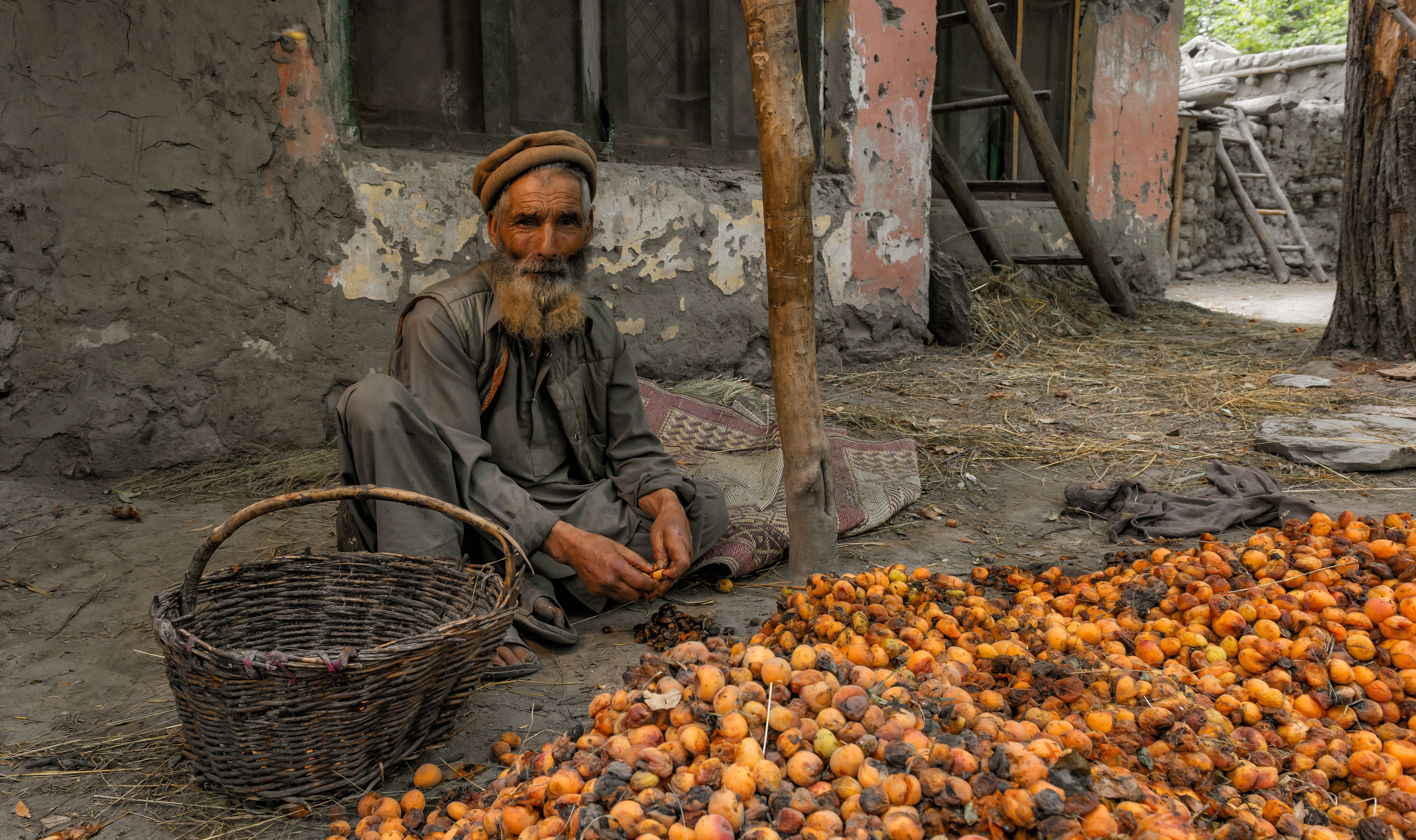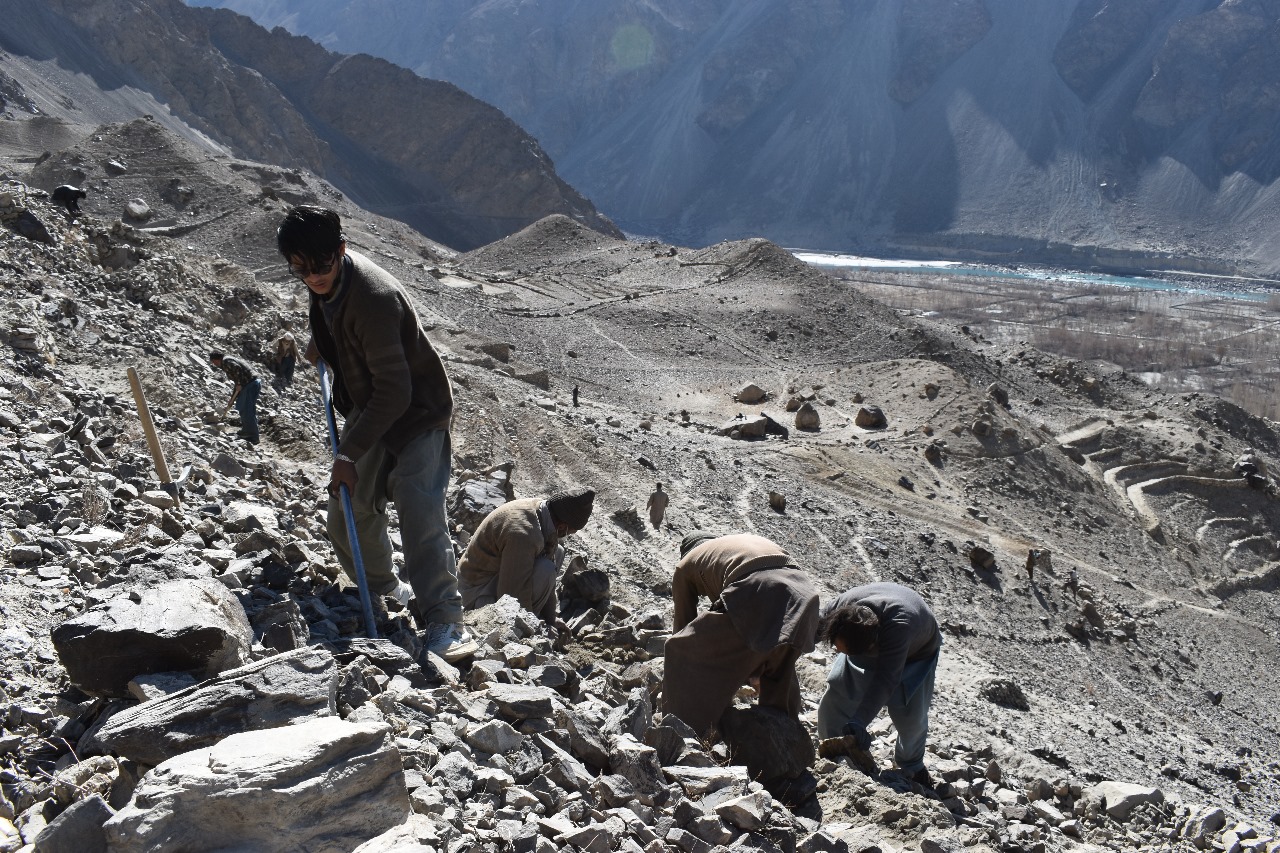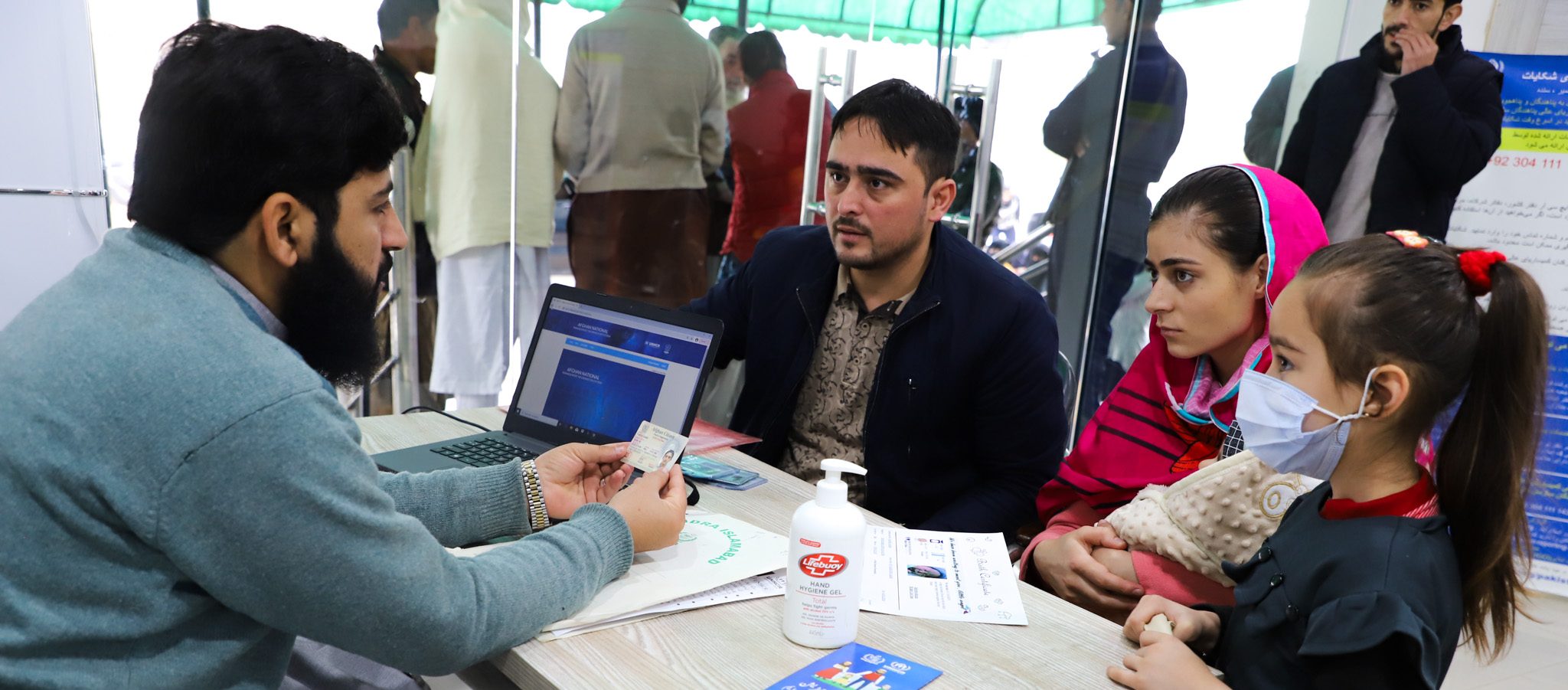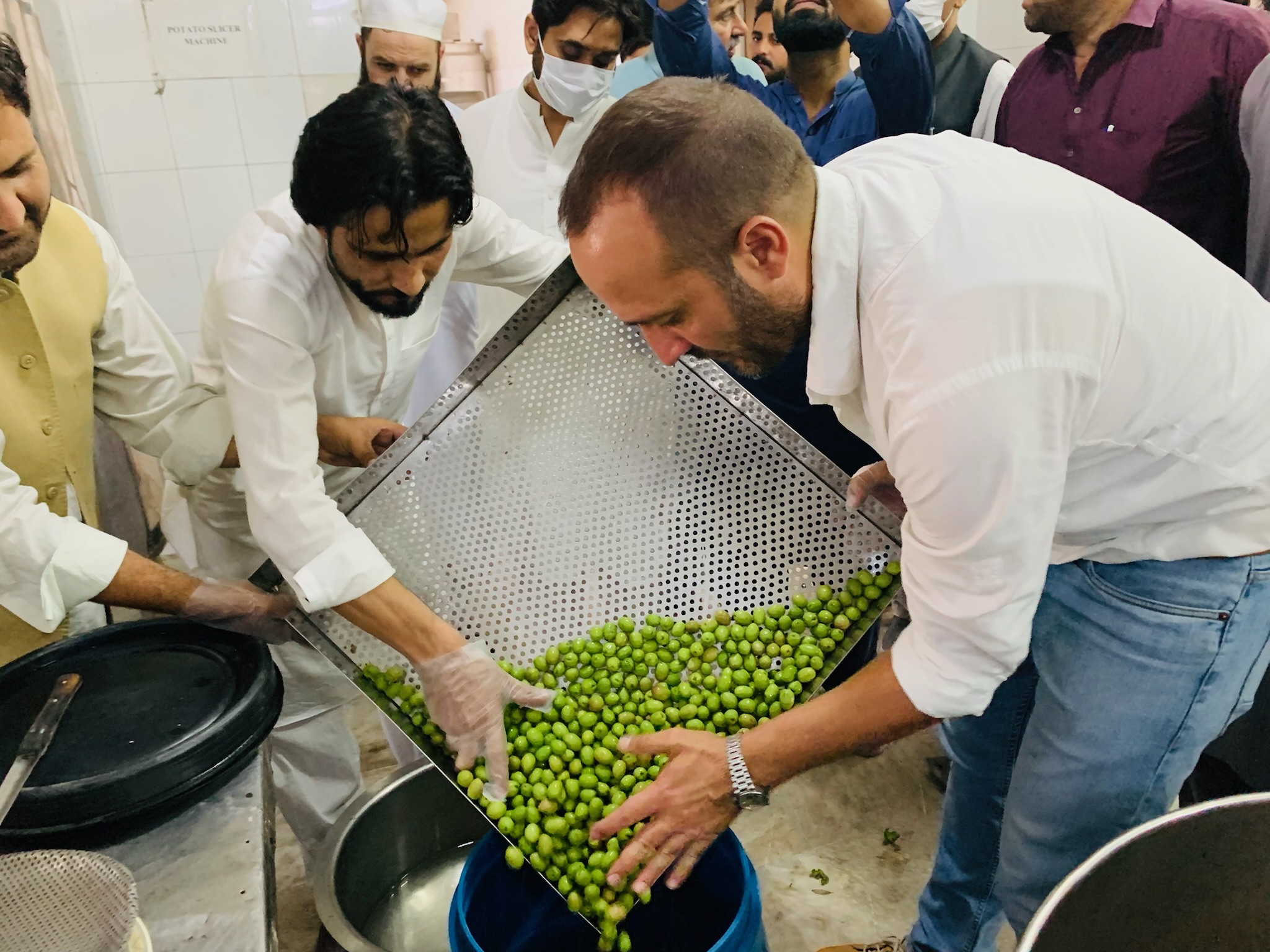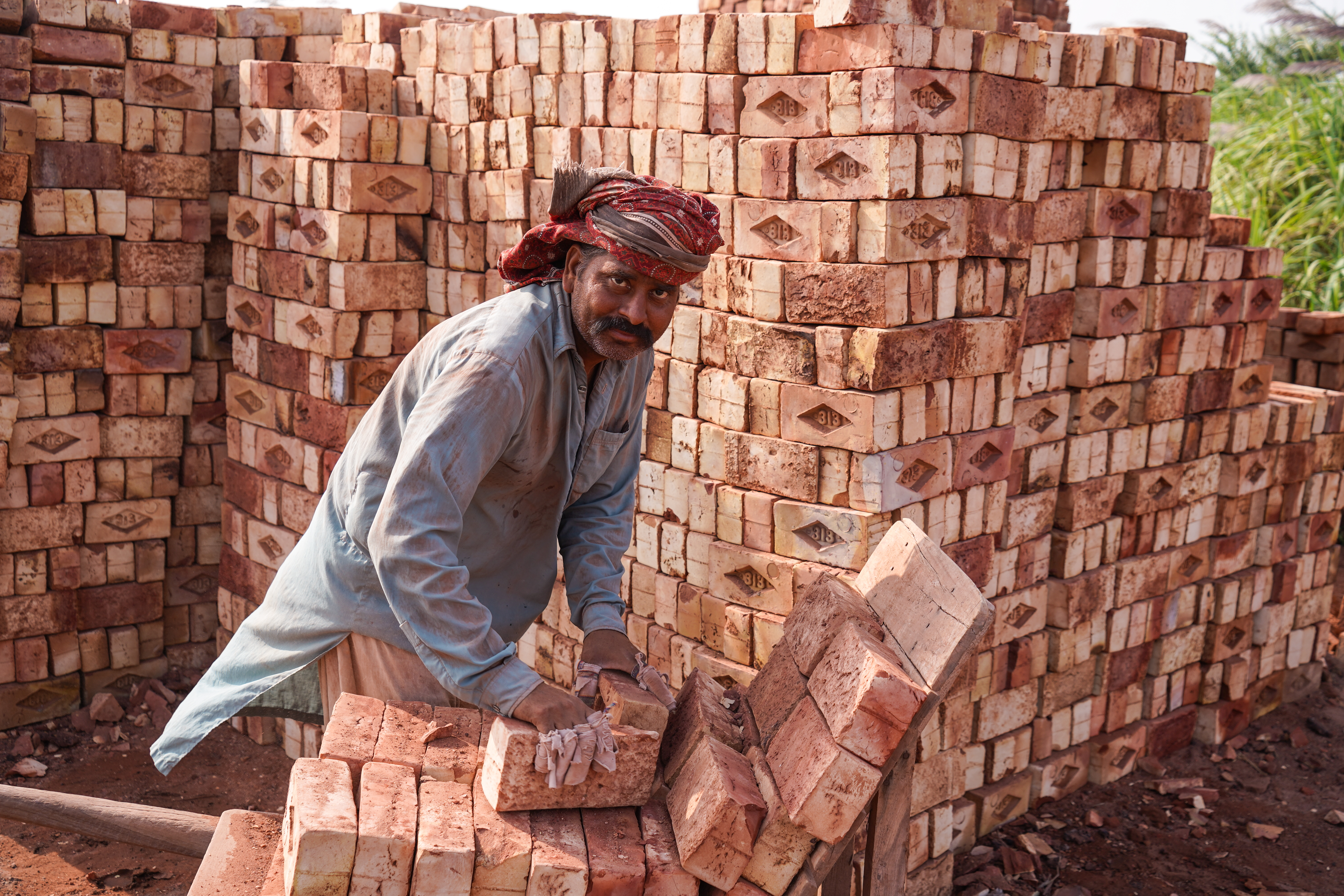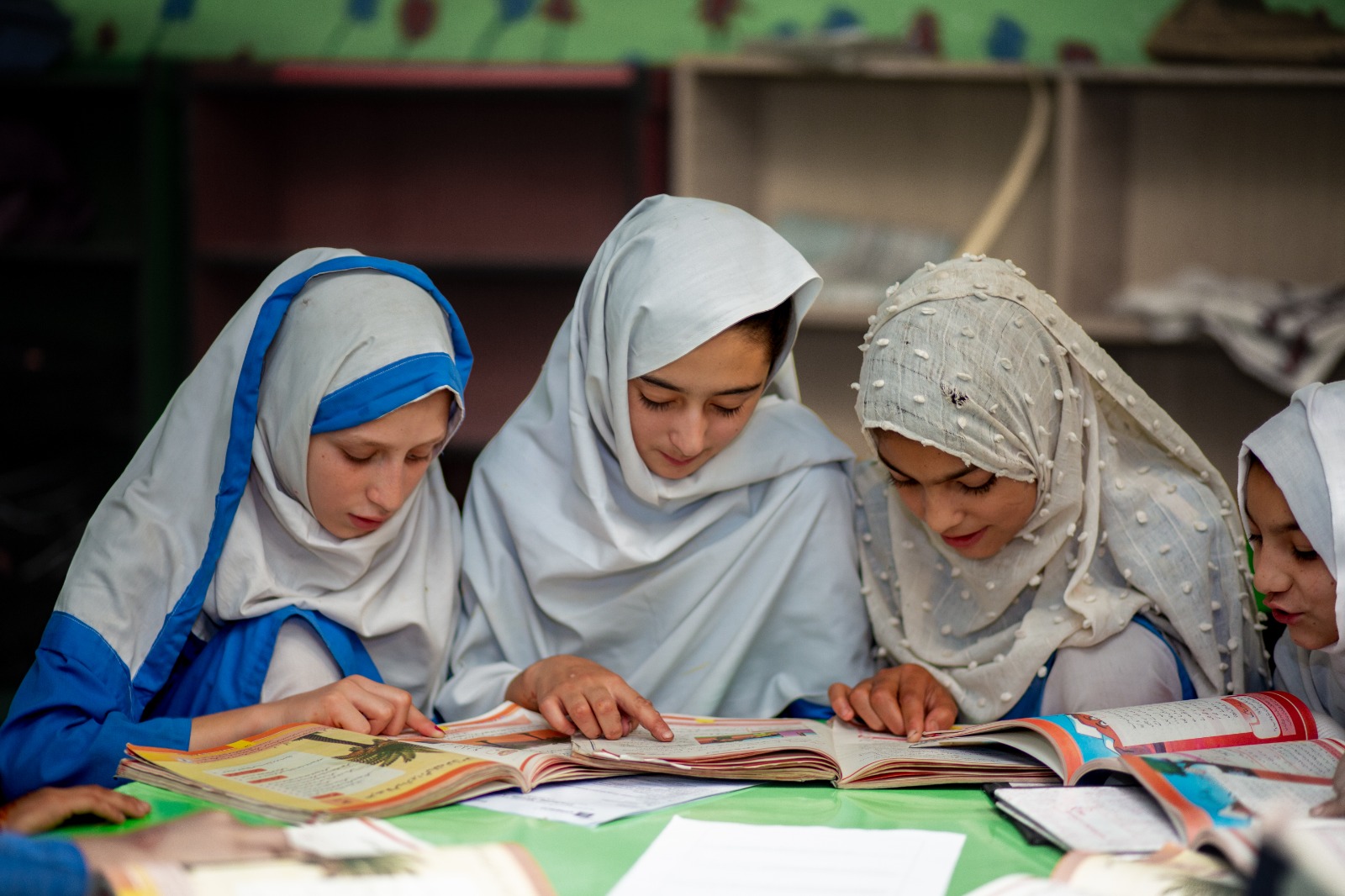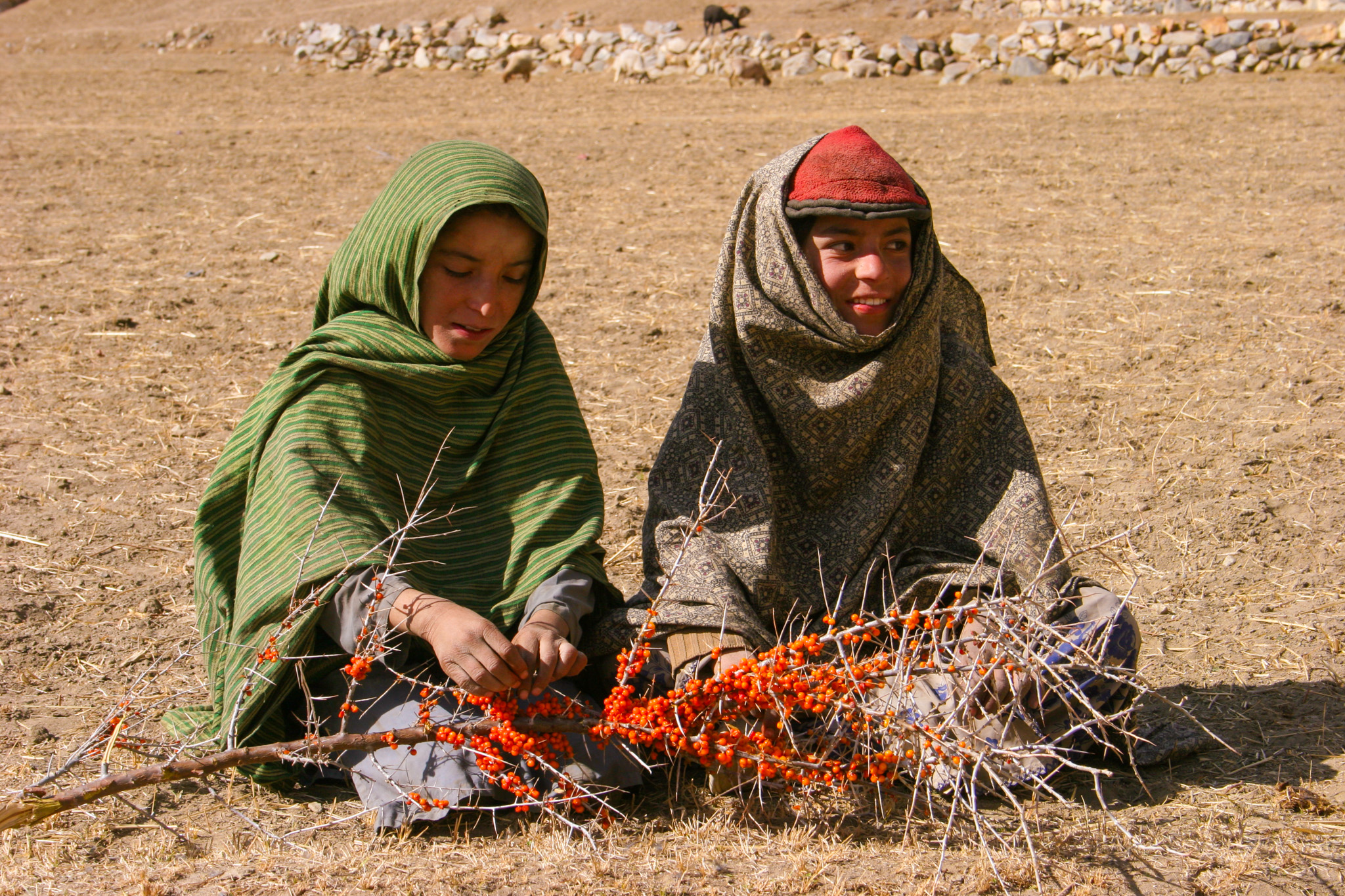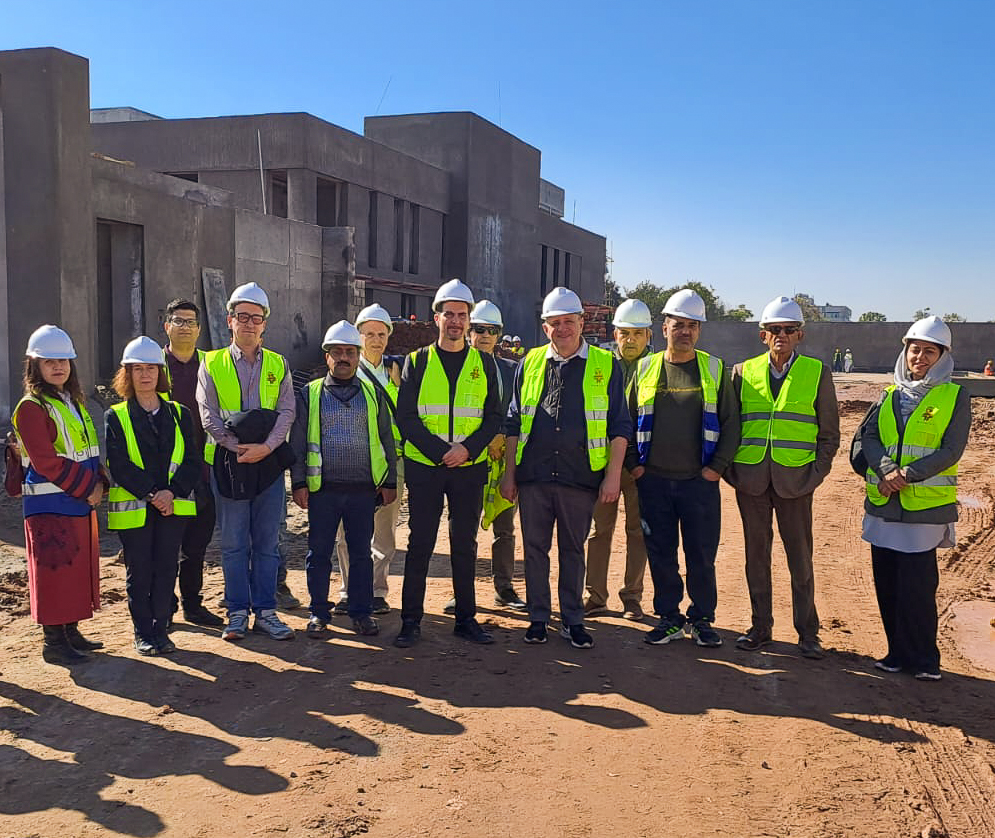Development approach for addressing challenges in Pakistan
In the agrarian landscapes of rural Pakistan, a plethora of challenges hinders the development of robust farming conditions, resulting in a distressingly low agricultural productivity rate. The issues at hand encompass incomplete production processes, ranging from the absence of certified seed and efficient irrigation systems to misguided manuring and phyto-sanitary practices. Furthermore, the lack of appropriate equipment and know-how for processing rural products, insufficient diversification of plants, and concentration of harvesting within a limited period exacerbate the predicament. Notably, farmers and lifestock breeders struggle with low technical skills, while access to veterinary assistance remains a scarce resource.
Compounding these woes are the far-reaching consequences of climate change, rendering Pakistan vulnerable to natural disasters. Floods, change of rain pattern, heatwaves, melting glaciers, drought, erosions, earthquakes, and landslides have collectively cast a shadow over the agricultural landscape, posing a formidable threat to the nation.
In response to these pressing challenges, the Italian Agency for Development Cooperation has undertaken a concerted effort to support Pakistan. The overarching objective is to bolster farming communities by addressing critical issues such as enhancing value chains, cultivating valuable products, fortifying irrigation schemes, and providing support to the most vulnerable communities. Additionally, the initiatives seek to propagate new and flexible farming techniques.
In recent years, AICS Islamabad has intensified its presence in areas where it was already engaged, with a particular focus on the mountainous regions in the North, spearheading cross-cutting development programs that span environmental protection, agriculture, irrigation, breeding, and the creation of job opportunities, including ventures into eco-tourism.
AICS Islamabad envisions rural development through the lens of climate change and its far-reaching consequences. To delineate its key objectives, AICS Islamabad is implementing the Theory of Change‘s principles and methods. This strategic approach aligns with Italian priorities outlined in the three-year planning program and within the broader framework of Agenda 2030.
The Italian Cooperation has identified three distinct outcomes, as listed below, each intricately linked to its actions in Pakistan. These outcomes encapsulate a comprehensive strategy to uplift and fortify the agricultural sector while navigating the challenges posed by climate change:
PERSON, Outcome 1 (SDG 2): Guaranteed food security and supported resilient and sustainable agro-food production systems, promoting connections between nutrition and health
PLANET, Outcome 2 (SDG 13.1): Strengthened resilience and adaptation to climate-related risks and natural disasters
PROSPERITY, Outcome 3 (SDG 8.9 – 11.4): Enhanced cultural and natural heritage promotion, support economic activities and job creation for sustainable and responsible culture and tourism
AICS Islamabad portfolio includes:
7 projects on main funding channel, 1 at regional level, in partnership with International Organizations;
5 soft loans programmes – 3 approved, 1 in repurposing phase and 1 in pipeline;
1 Debt Swap Programme, that allowed to implement 48 development projects all over the country.
Soft loans are designed and implemented in partnership with the Economic Affairs Division (EAD) at the Ministry of Economic Affairs, which represents the main counterpart and coordinates the joint efforts by different federal ministries and local authorities.
Grant projects are carried out by International Organizations such as UNDP, UNESCO, CIHEAM Bari, ILO and IUCN in partnership with national and local organizations.
AICS Islamabad is also part of working groups coordinated by the European Union Delegation in Pakistan, United Nations Agencies and World Bank, focusing on development issues and humanitarian aid as well. AICS Islamabad is also part of the donors coordination meetings held by Pakistan’s Government, International Partnership Support Group and Development Cooperation Coordination Fora.
